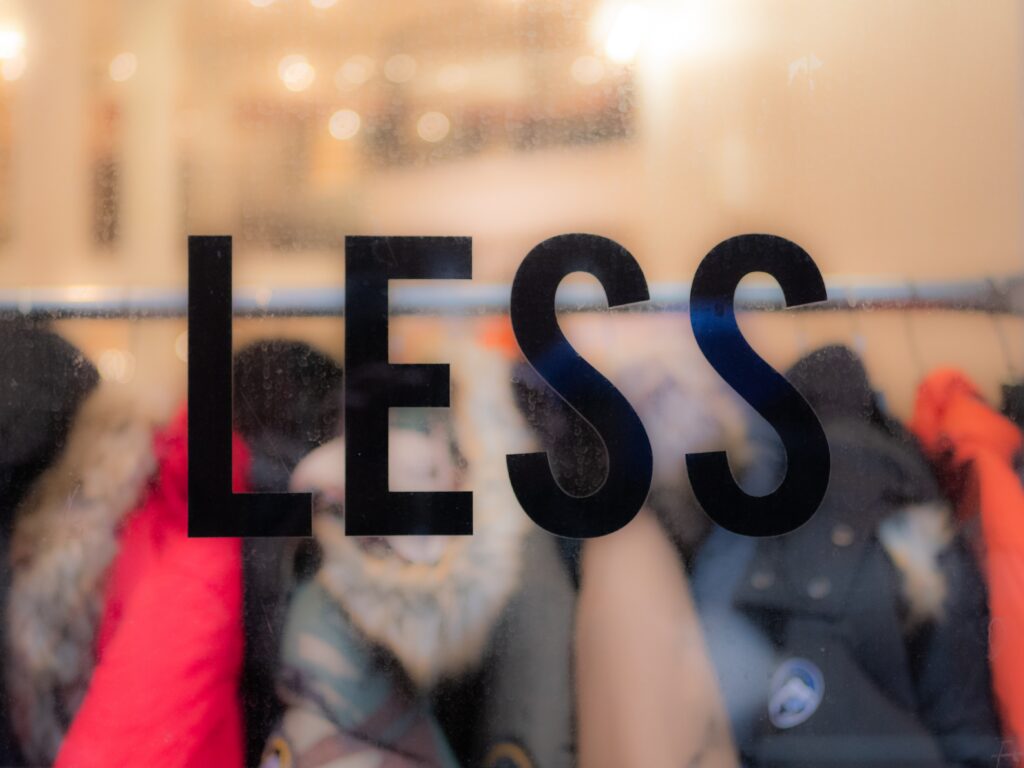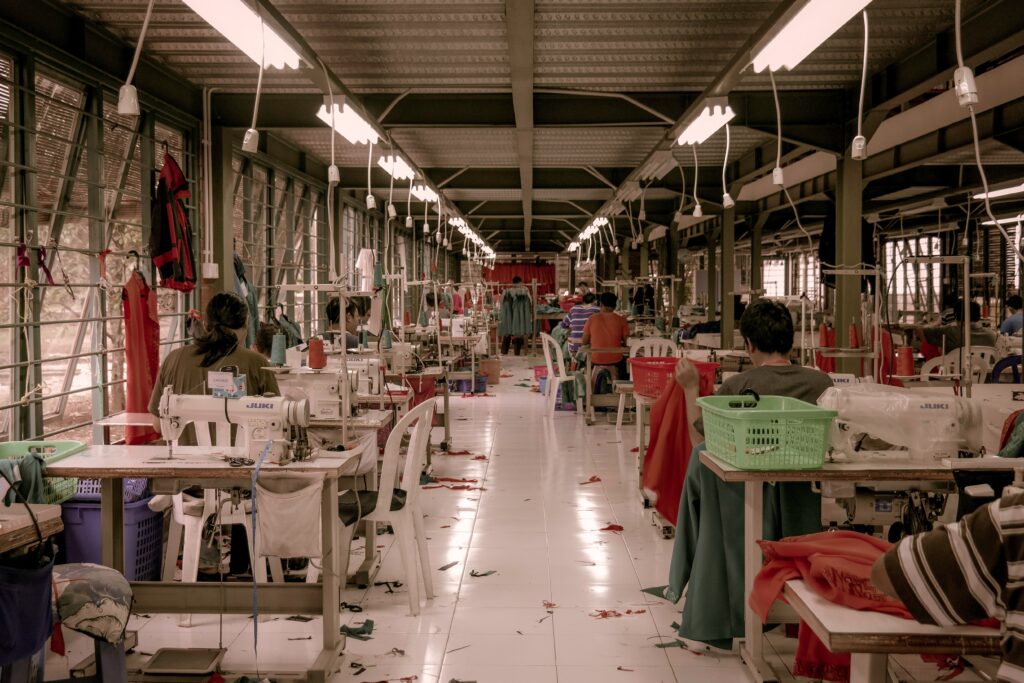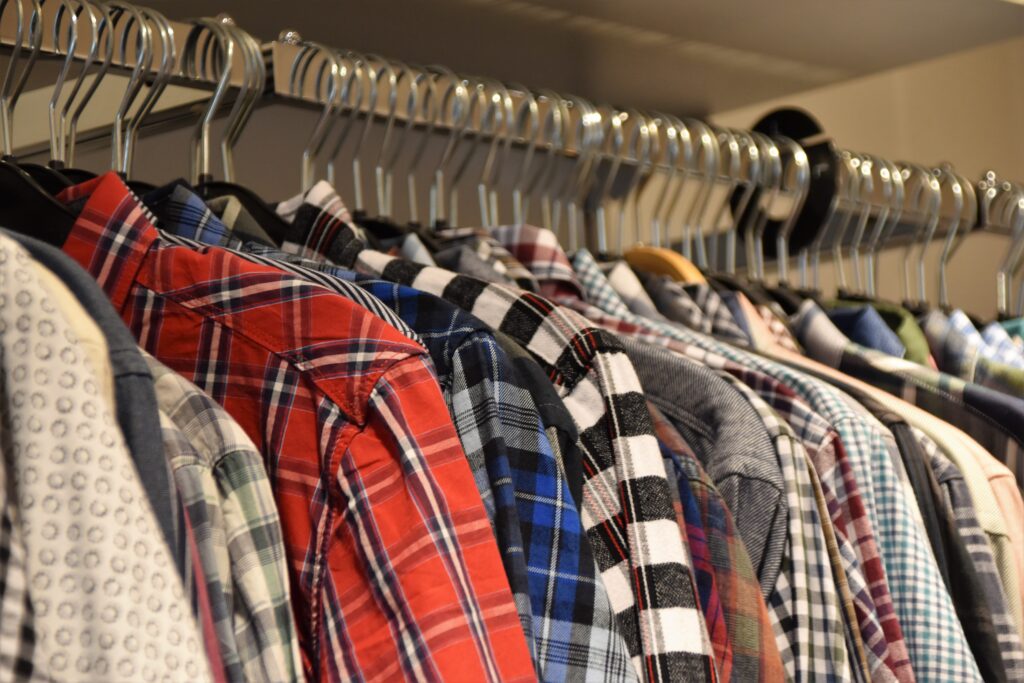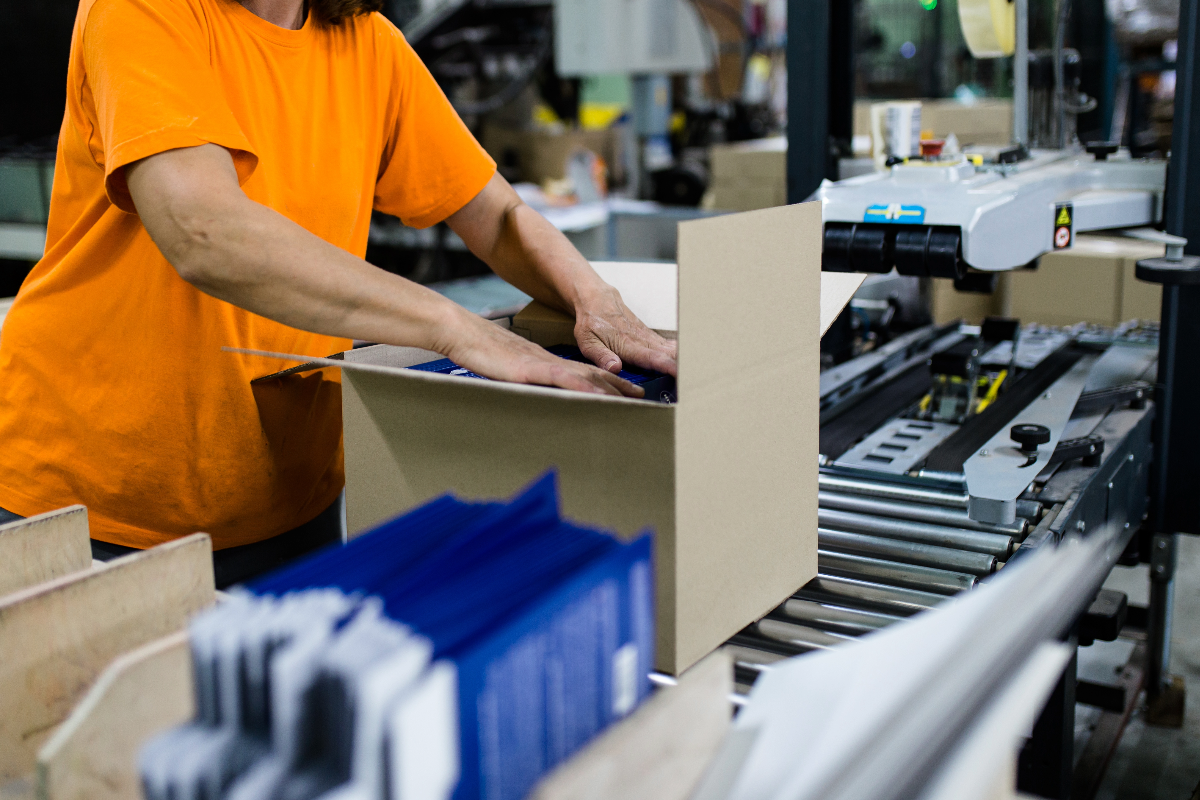BLOG
How can fashion be more sustainable?

What is sustainable fashion, and why is fast fashion so bad?
“Fast fashion” has made fashion cheaper and more readily available, but is an environmental disaster in a lot of ways. Fashion manufacture takes up an enormous amount of energy resources, and poor manufacturing practices in some factories pump chemicals into water sources; use huge amounts of water to grow and process cotton; have poor track records with working conditions; and have huge emissions. You can read more about the impact of fashion and textiles on the environment here.
Focus is turning toward more sustainable fashion – clothing that is made in a more environmentally friendly way, with focus on worker’s conditions and more environmentally friendly manufacturing. Better quality clothing will also mean consumers are not forced to discard clothing as often; which adds to the catch-22 situation of fast fashion.
Alongside this, consumers have also begun taking on board the idea of sustainable fashion – reducing the amount they purchase; reusing or repurposing their old clothes, or recycling – for example through charity schemes, vintage shops and online marketplaces. Did you know that wearing an item for an extra nine months can reduce it’s carbon footprint by 20 – 30%? Click here for tips on how to keep your wardrobe sustainable.


What happens to clothing when it is discarded?
In the UK, more than 300,000 tonnes of clothing go to landfill each year – equivalent to £140 million in value. (click here for source).
If clothing is sent to landfill, whilst cotton or natural fibre textiles take decades to break down, synthetic fabrics do not break down at all. It can also mean that chemicals from the fabrics or bleaches used in the fabrics can eventually wash away, contaminating land and water supplies.
What happens when clothes are recycled?
Of course the best thing to do with unwanted clothing in a decent state, is to gift it to a friend, charity organisation or second-hand shop. If you’re feeling inspired, clothing can also be made into other items such as cushions, bags and accessories.
But what happens to clothes that are collected or taken for recycling, for example form a clothing bank? Clothing that is not reusable is sent for repurposing into other items.
Once at the recycling plants, clothes are sorted according to their material – eg wool or synthetic fabrics. They are also sorted by colour, then either shredded or turned into rags. The threads can then be pulled out for recycling into other textile items.
Synthetic fibres can be made into items for other industries and are used for fillers in car insulation, roofing felt, furniture padding, among many other uses.
Cotton can be recycled in a similar way and can even be used by the paper and automotive industry.
Woollen articles can be made into yarn, top create other wool or felt garments or soft furnishings. Read more here.
If your company disposes of large amounts of textiles either regularly or a one-off, for example work corporate uniforms, contact us today to discuss how we can help you recycle them.
More articles on sustainable fashion for you to read:
https://wrap.org.uk/taking-action/textiles
www.earthday.org/campaign/sustainable-fashion
https://www.keepbritaintidy.org/news/waste-less-live-more-slow-down-fast-fashion




